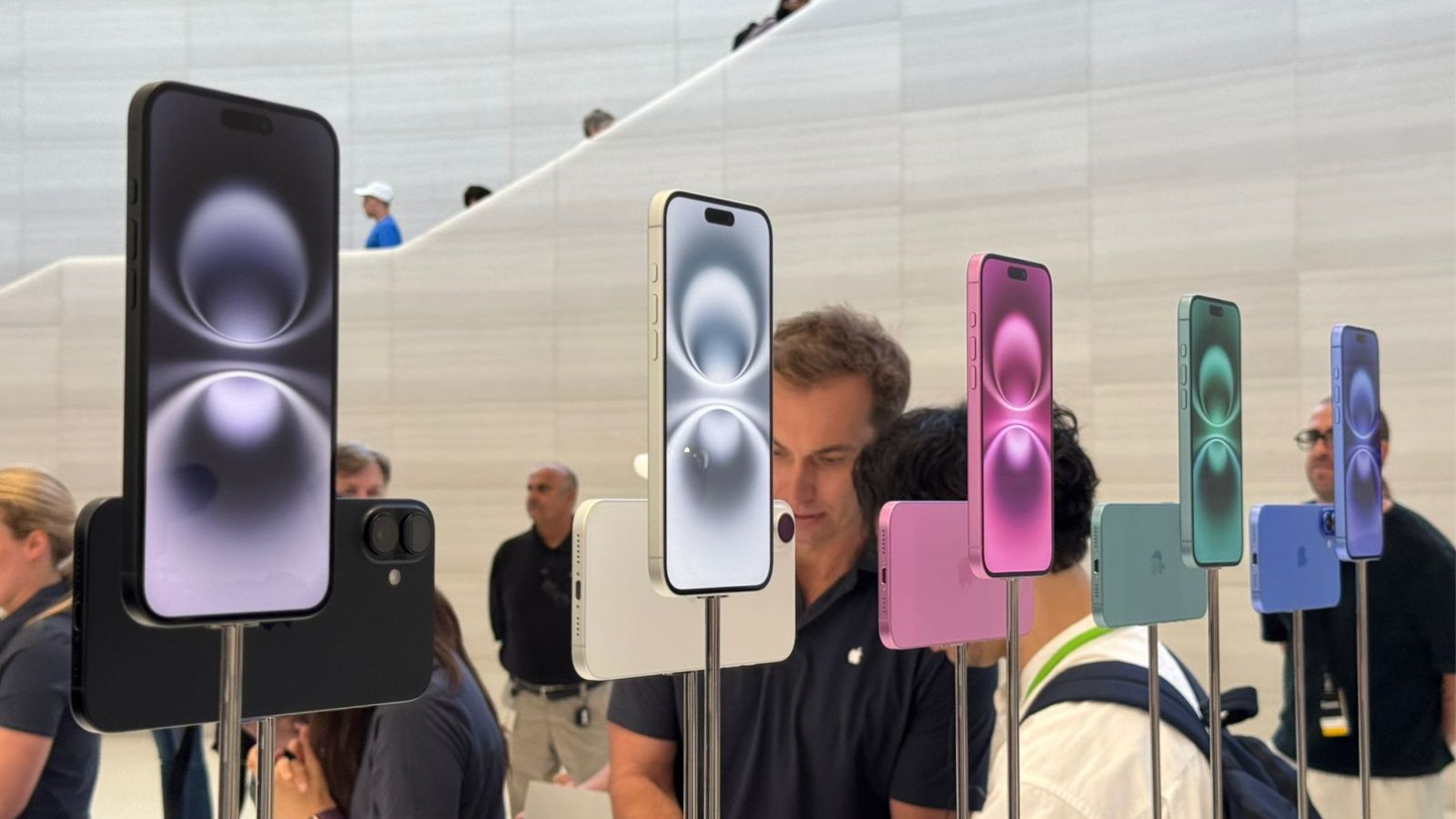A few months ago, acting on a friend’s recommendation, I stepped into a dimly-lit, chock-full restaurant in South Mumbai. The maître d’ weaved her way through the restaurant floor and we followed her lead, taking care not to elbow the seated diners in the face or knock their cocktails onto their Versace t-shirts. The table for two scarcely seemed big enough for one but at least we had escaped the foyer: The purgatory where those who have the gall to “walk-in” without a reservation are detained.
You must try the Sweetcorn Ribs, my friend had told me, they are incredible. The menu listed the dish’s price in the upper three-digits. I reasoned that incredibility never comes cheap and placed the order. Shortly after, a few strips of bhutta (roasted corn cob), elegantly arranged on a wide plate, was deposited on the table. I remembered the ear of corn I’d bought from a roadside vendor earlier that evening, a meal that was vastly dissimilar in cost though less so in taste.
Later, I asked my friend what had prompted him to make the recommendation. But didn’t it taste wonderful, he retorted. Besides, he added, what you’re paying for is the value of the fine-dining experience.
Last week, millions of people from around the world tuned in to watch an event being live streamed from an auditorium in the US. To a large majority, this statement may invoke the memory of seeing the US Vice President use her prosecutorial skills to skewer an ex-President and convicted felon. A loyal minority, however, will remember it as the time when Tim Cook, the CEO of Apple Inc., announced a range of new products at the Steve Jobs Theatre in Cupertino, California.
It was under Jobs’ stewardship that the Apple event evolved into the media spectacle it is today. Commanding the stage in his iconic black turtleneck, he would enrapture the audience as he unveiled music players, laptops, and phones that would forever alter our relationship with gadgets. Over the past two decades, when Apple — and, perhaps, more crucially, Steve Jobs — convened a launch event, it became a moment that had global resonance. The international news coverage that Jobs’s star power attracted, spun a thread connecting California to Dubai, Delhi, Shanghai, the entire planet, in fact — a high-end electronic device, the one point of confluence for a thousand cultures.
In keeping with tradition, on September 9, Cook showcased the latest array of Apple’s cutting-edge offerings. For some reason, these items exist in uneasy pairs, as if a festering inequity has condemned one to always be overshadowed by the other: The iPhone 16 and the iPhone 16 Plus, the Apple Watch and Apple Watch Ultra, the AirPods and the AirPods Max.
Apple devices are famed for their minimalist design aesthetic but it is this (quite literal) maximalist approach to branding and promotion that has been their hallmark. In the early years of the smartphone wars, when Apple and the Android-powered mobiles battled for market share, the iPhone had an air of urbane superiority. Its patrons — who would become its evangelists — would harp about its myriad technological delights. But the most alluring reason to buy it was usually left unsaid: That owning an iPhone proclaimed to the world that you were a cut above the Android-toting riff-raff. The iPhone was a status symbol first, a mobile second.
In recent years, ever-escalating costs and a growing range of premium Android phones have prompted Apple-aficionados to add more arrows in their quiver. Now, a word that you will often hear when being urged to empty your bank account for a new gizmo is “investment”. To be fair, this line of argument is not the sole preserve of iPhone enthusiasts. You may hear it from a friend who bought a Patek Philippe or the cousin who shelled out for a Louis Vuitton handbag.
An über-expensive commodity is not just another flashy acquisition, they’ll explain, but a commitment to a promise of quality and longevity. It is a compelling argument.
We are a nation of the nouveau riche. There are many among the urban affluent — a big chunk of the consumer market for luxury goods — who still remember a middle-class childhood: Not one of penury, necessarily, but of conservatism, at least. Perhaps it is a lingering memory of that time — when film rolls were rationed while taking photographs and new clothes purchased during festivals; when buying a new VCR was cause for celebration and visiting restaurants was a novelty — that spurs us to justify our indulgences. Viewing exorbitantly-priced possessions as “investments” can offer some rationale for our desire to gather these articles; it can help us convince ourselves that splurging on the latest toy is not extravagant but prudent.
This is not to say, of course, that we should stop buying iPhones and Breitlings, or stop frequenting fine-dining establishments. But maybe we can try to be more candid about our yearning for glamorous objects and experiences. We can begin to accept that every indulgence need not be an investment or a worthy experience. After all, no matter what you tell yourself, the truth will out itself every time you take a bite of Sweetcorn Ribs: They are, and will forever remain, bhutta.
The writer is a Mumbai-based lawyer



